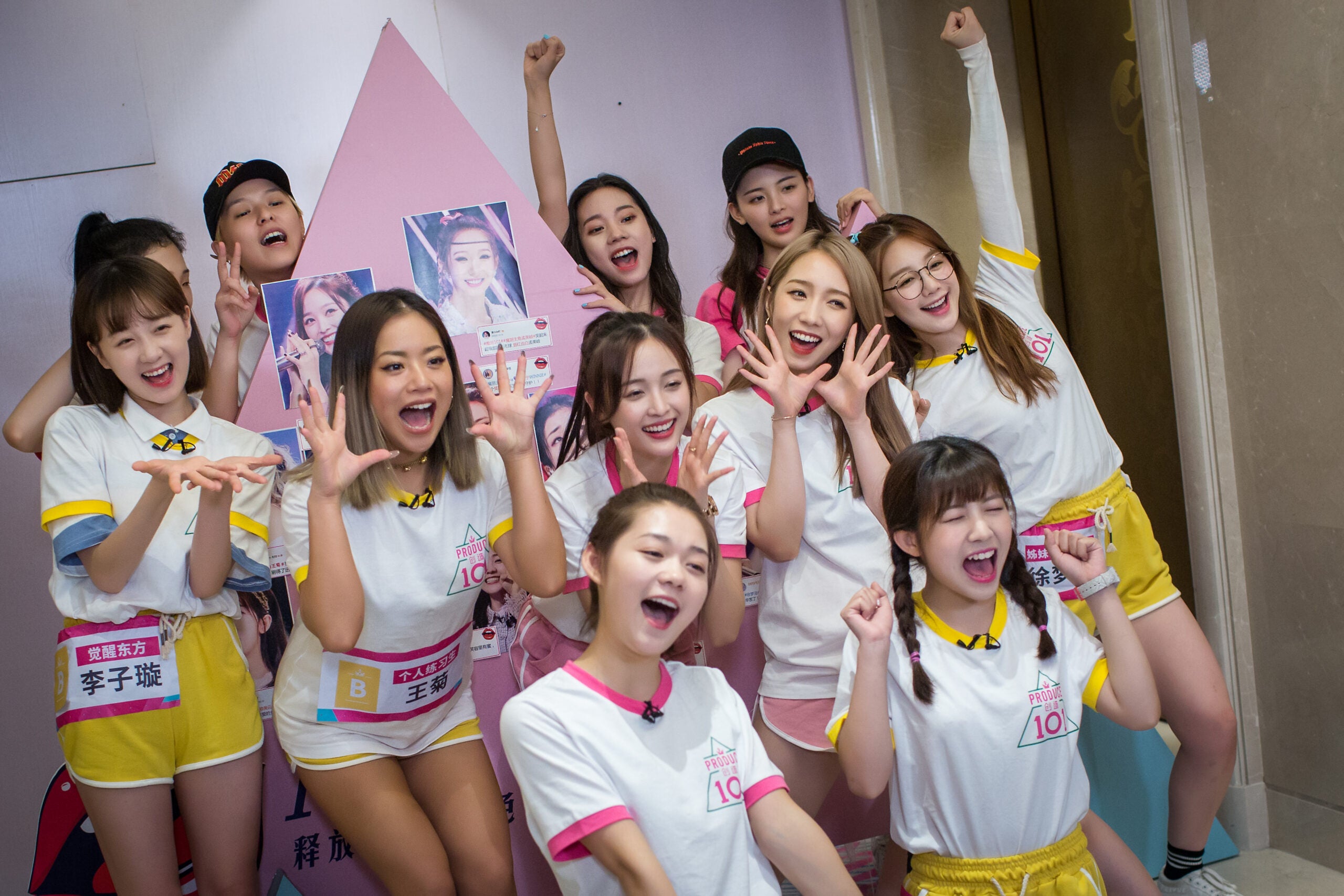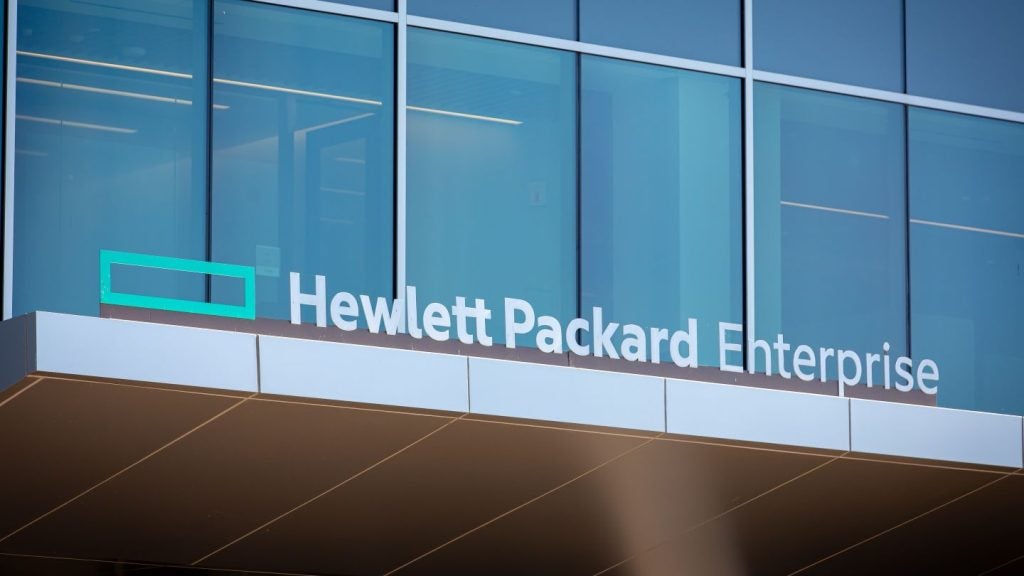
After its battle with big tech in China, the country’s internet watchdog is now coming after online fan culture, in a move to clean up the country’s cyberspace of opinion manipulation – an arena often filled with doxing, trolling and cyberbullying.
The Cyberspace Administration of China (CAC) announced on Tuesday that it aims to put an end to what it sees as the country’s “chaotic” online celebrity culture, which it says is negatively affecting the mental health of minors. It will launch a two-month special operation targeting China’s so-called ‘fan quan’ (literally meaning rice circle), a colloquial term for online clubs dedicated explicitly to worshipping a certain celebrity.
This intense fan culture has long been a concern for Chinese authorities. In its statement, the CAC wrote that “‘fan quan’ groups have frequently been involved in problems such as verbal abuse, cheating on rankings, and creating rumours and attacks on the internet. In doing so, it is destroying the pure network ecology and adversely affecting the physical and mental health of minors.”
In its latest effort to curb the spread of this idol adoration culture, the CAC said it would crack down on activities that induce minors to contribute money to their idols, hurling abuse online and doxing, which entails searching for and publishing private information with malicious intent about a particular individual on the internet.
It will also stop activities that encourage fans to flaunt their wealth, manipulate social media comments, make up topics online to hijack public opinion and use bots to increase traffic data related to their idols.
Fans often also spend hefty sums of money in fundraising and voting campaigns for idol competition programmes. Clubs sometimes have dedicated public relations teams established by fans, who manage transactions of large sums of money collected through donations, fundraising campaigns and sales of idol-related products.
According to The Paper, the fan economy generated around 140bn RMB ($22bn) in 2020. An estimated 50bn RMB ($16bn) was earned by fan consumption of idol-related products.
The regulator said it would shut down accounts and disband social media groups that are deemed a “bad influence” while punishing internet platforms that have “indulged” such chaos and failed to correct their activities after repeated orders to do so.
Internet giant Tencent, social ecommerce platforms Xiaohongshu and ByteDance-owned Douyin have already responded to the CAC’s call, with a pledge to clamp down on offensive online fan club activities.
China’s toxic celebrity culture
In May, one campaign infuriated authorities enough to push a nationwide reduction on food waste. Fans of a particular idol show bought millions of dollars of dairy products over successive months to obtain and scan a QR code printed on the packaging, which would register a vote for their favourite entrant. The dairy company sponsored the programme, and fan groups raised money to bulk buy products and vote en masse. Media reported much of the contents going to waste or poured down drains, as was shown in one viral video.
The clubs have also extended their vast ability to mobilise from beyond the celebrity realm and into the political.
During the 2019 Hong Kong protests, a large online group was formed around a fictitious ‘Azhong Gege’, or Brother China, to defend Beijing’s policies on the city.
At the height of the protests, many Chinese millennials voiced support for their idol – in this case, the personification of China as ‘Brother Ah Zhong’.
Some fan groups also called for boycotts of stars who sympathised with the Hong Kong protestors, whereas others fiercely defended those who condemned the demonstrations.
Tuesday’s crackdown comes amid a national push to ensure “social stability” before next month’s Communist Party centenary celebrations. Last week, the government passed a new data security law, giving the President significant power to crack down on companies who collect excessive data on consumers.






